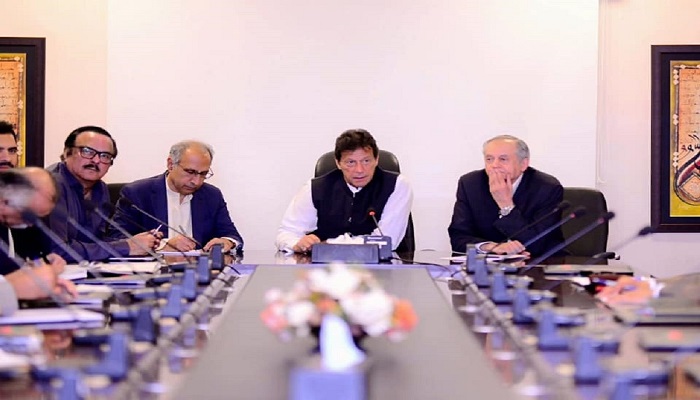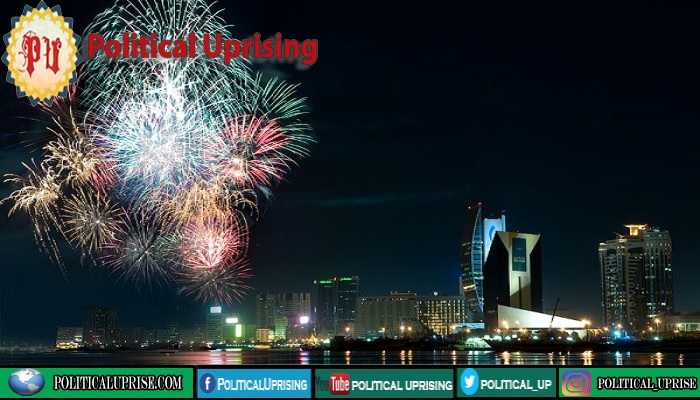The Southeast Asian region is facing its most volatile military standoff in over a decade, as the death toll from fierce clashes between Thailand and Cambodia along their disputed border has risen to 16, with over 120,000 people displaced on both sides.
The violence, which erupted on Thursday, has expanded rapidly, sparking fears of a broader conflict.
According to Thai officials, 15 Thai nationals including 14 civilians and one soldier have been killed since the fighting began, while Cambodian authorities have confirmed one fatality and five injuries in their border province of Oddar Meanchey. Thailand’s Ministry of Health also reported injuries to over 30 civilians and 15 soldiers.
Heavy artillery exchanges and rocket fire continued into Friday, with 12 flashpoints now identified along the contentious frontier double the number reported just a day earlier. Thailand claims its military has responded “appropriately” to Cambodian shelling, particularly after heavy fire was directed at a Thai military base and a hospital in the Surin province, causing further civilian casualties.
Thailand Prepares for ‘High-Level Operation’ Amid Rising Tensions with Cambodia
In a strongly worded statement, the Royal Thai Government condemned what it called “intentional and premeditated acts of aggression” by Cambodia. Thailand alleges that Cambodian forces recently laid anti-personnel landmines within Thai territory, injuring Thai patrol units on 16 and 23 July.

Following these developments, Thailand has:
- Recalled its ambassador from Phnom Penh
- Expelled Cambodia’s envoy from Bangkok
- Demanded that Cambodia recall its own ambassador
- Warned of intensified self-defense measures under international law
“The attacks not only violate Thailand’s sovereignty but also international humanitarian norms,” the Thai Foreign Ministry stated, referencing Cambodia’s alleged use of force against civilian infrastructure, including a hospital.
The Royal Thai Government has called on Cambodia to accept responsibility, cease hostilities, and respect Thailand’s territorial integrity.
On the other side of the conflict, Cambodian Prime Minister Hun Manet has condemned what he described as “unprovoked military aggression” by Thailand. Cambodia has appealed to the United Nations Security Council, which is expected to hold a closed-door emergency session on Friday to assess the situation.

Cambodian sources, including military field reports, also claim that:
- Thailand used cluster munitions in Preah Vihear province within a span of 90 minutes early Friday.
- The UNESCO-listed Preah Vihear temple suffered “substantial damage” due to Thai strikes.
- Thailand scrambled an F-16 fighter jet to strike inside Cambodian territory on Thursday.
The use of cluster munitions if confirmed would represent a severe violation of international humanitarian law, Cambodian officials said.
The fighting has triggered a humanitarian crisis. In Thailand, over 100,000 people from Surin, Sisaket, Buriram, and Ubon Ratchathani provinces have been evacuated. Authorities have opened more than 300 evacuation centres, supplying food, water, and medical care.
Seafood, Students & Soft Power, Pakistan-Thailand Relaunch Strategic Engagement
On the Cambodian side, approximately 20,000 residents have fled from northern border areas, particularly in Preah Vihear province.
Thailand has rejected mediation offers from foreign governments and regional blocs. The United States, China, and Malaysia (current ASEAN chair) have each expressed concern and offered to facilitate peace talks.
However, Thai Foreign Ministry spokesperson Nikorndej Balankura said that bilateral dialogue remains the preferred path.
“We stand by our position that a bilateral mechanism is the best way out. This is a confrontation between two countries,” Nikorndej said.
“Our doors remain open but Cambodia must cease hostilities first.”

While Bangkok maintains that it does not require third-party mediation “yet,” it has signaled it could welcome ASEAN involvement to “facilitate a return to constructive bilateral negotiations.”
The United States has called for an immediate cessation of hostilities while China has urged both sides to resolve their disputes through dialogue.
Meanwhile, Malaysia’s Prime Minister Anwar Ibrahim, speaking as ASEAN chair, confirmed that he has held separate calls with the leaders of both countries and urged de-escalation.
However, with the border dispute intensifying and diplomatic ties strained, observers fear that the region could be on the brink of a larger conflict if both sides do not step back.



